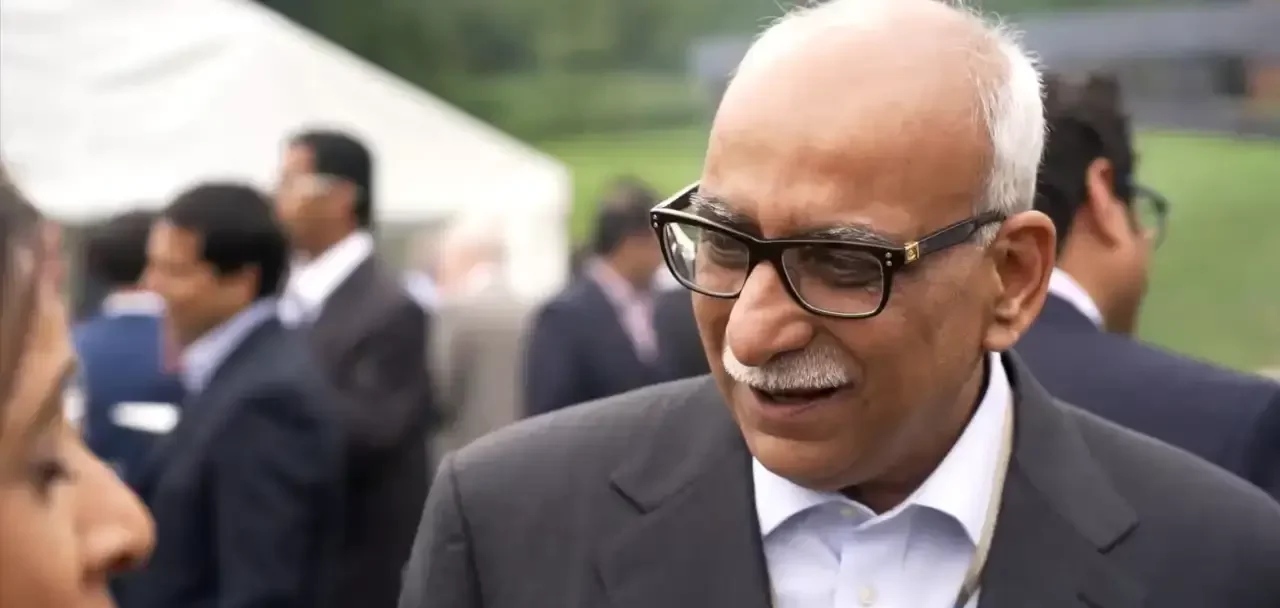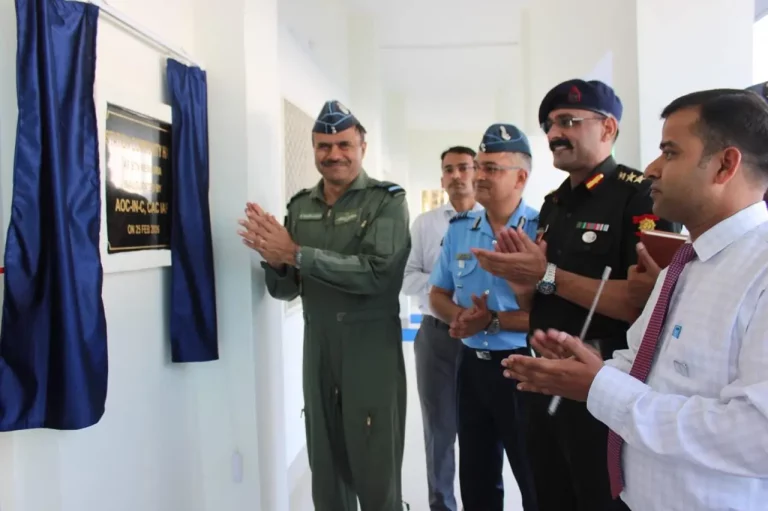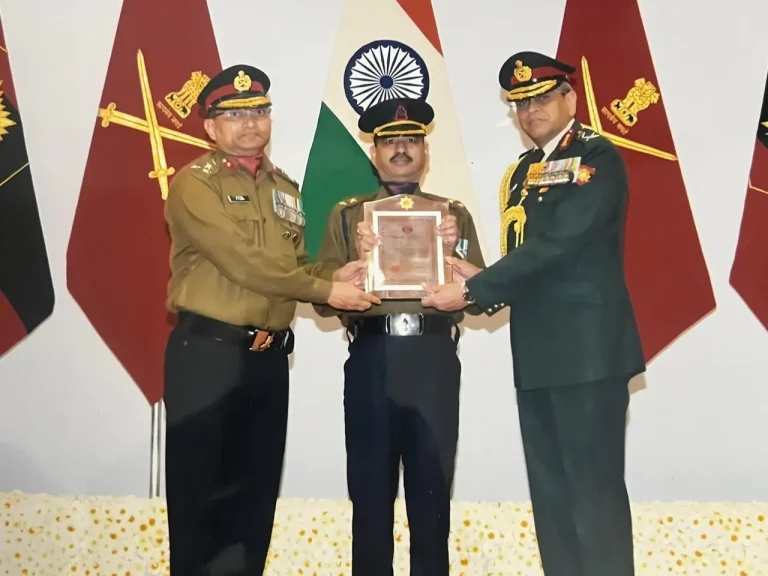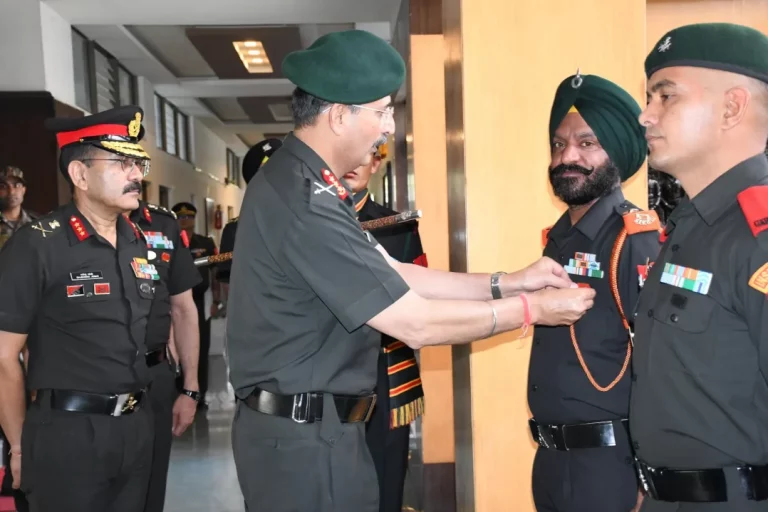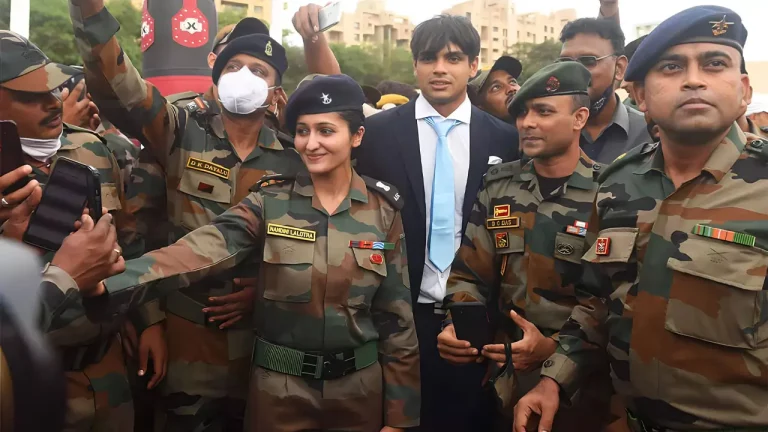In a significant reorganization aimed at bolstering national security, the Indian government has reconstituted the National Security Advisory Board (NSAB), appointing former Research and Analysis Wing (R&AW) chief Alok Joshi as its Chairman. This reshuffle occurs against a backdrop of heightened regional tensions, emphasizing the government’s commitment to solidifying its national security framework through a diverse team of experts.
The newly formed NSAB includes seven distinguished members drawn from varied fields including defense, intelligence, policing, and diplomacy. Alongside Joshi, the board features retired senior military figures such as Air Marshal P.M. Sinha, the former Western Air Commander; Lt Gen A.K. Singh, who previously served as the Southern Army Commander; and Rear Admiral Monty Khanna. The composition also incorporates two ex-Indian Police Service (IPS) officers, Rajiv Ranjan Verma and Manmohan Singh, in addition to retired Indian Foreign Service (IFS) officer B. Venkatesh Varma.
This overhaul aligns with a larger initiative to enhance India’s national security decision-making apparatus. Recent actions by the government, such as appointing an Additional National Security Advisor to assist the National Security Council Secretariat (NSCS), demonstrate a clear intent to streamline and professionalize the processes of strategic policy formulation.
The reconstitution of the NSAB occurs in the wake of a tragic terrorist attack in Kashmir on April 22, which resulted in over two dozen fatalities and was attributed to militant groups based in Pakistan. In response to this, India suspended certain provisions of the Indus Waters Treaty, while Pakistan retaliated by closing its airspace to Indian carriers. The United States has urged both sides to pursue a “responsible solution,” with analysts suggesting that India’s growing strategic partnership with Washington may shape its forthcoming strategies.
With increasing tensions along borders with Pakistan and China, coupled with rising cyber threats and evolving terrorist risks, the revamped NSAB’s structure indicates an urgent need for a more collaborative and proactive national security strategy. Experts have responded positively to these appointments, noting the board’s potential to provide comprehensive and pragmatic advice to the Prime Minister on crucial issues.
The reshaping of the NSAB signifies India’s awareness of the intricate challenges in contemporary security landscapes and its resolve to tackle these issues with agility, specialized knowledge, and strategic vision.
